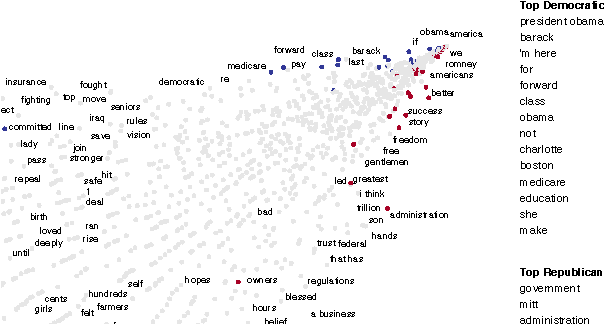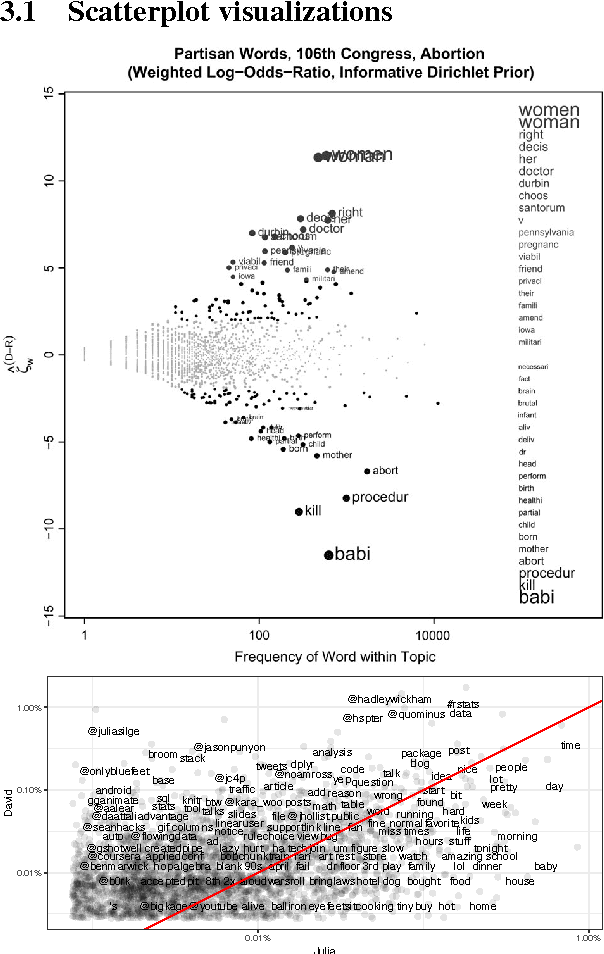Jason S. Kessler
Efficient Domain Adaptation of Language Models via Adaptive Tokenization
Sep 15, 2021



Abstract:Contextual embedding-based language models trained on large data sets, such as BERT and RoBERTa, provide strong performance across a wide range of tasks and are ubiquitous in modern NLP. It has been observed that fine-tuning these models on tasks involving data from domains different from that on which they were pretrained can lead to suboptimal performance. Recent work has explored approaches to adapt pretrained language models to new domains by incorporating additional pretraining using domain-specific corpora and task data. We propose an alternative approach for transferring pretrained language models to new domains by adapting their tokenizers. We show that domain-specific subword sequences can be efficiently determined directly from divergences in the conditional token distributions of the base and domain-specific corpora. In datasets from four disparate domains, we find adaptive tokenization on a pretrained RoBERTa model provides >97% of the performance benefits of domain specific pretraining. Our approach produces smaller models and less training and inference time than other approaches using tokenizer augmentation. While adaptive tokenization incurs a 6% increase in model parameters in our experimentation, due to the introduction of 10k new domain-specific tokens, our approach, using 64 vCPUs, is 72x faster than further pretraining the language model on domain-specific corpora on 8 TPUs.
Scattertext: a Browser-Based Tool for Visualizing how Corpora Differ
Apr 20, 2017

Abstract:Scattertext is an open source tool for visualizing linguistic variation between document categories in a language-independent way. The tool presents a scatterplot, where each axis corresponds to the rank-frequency a term occurs in a category of documents. Through a tie-breaking strategy, the tool is able to display thousands of visible term-representing points and find space to legibly label hundreds of them. Scattertext also lends itself to a query-based visualization of how the use of terms with similar embeddings differs between document categories, as well as a visualization for comparing the importance scores of bag-of-words features to univariate metrics.
 Add to Chrome
Add to Chrome Add to Firefox
Add to Firefox Add to Edge
Add to Edge